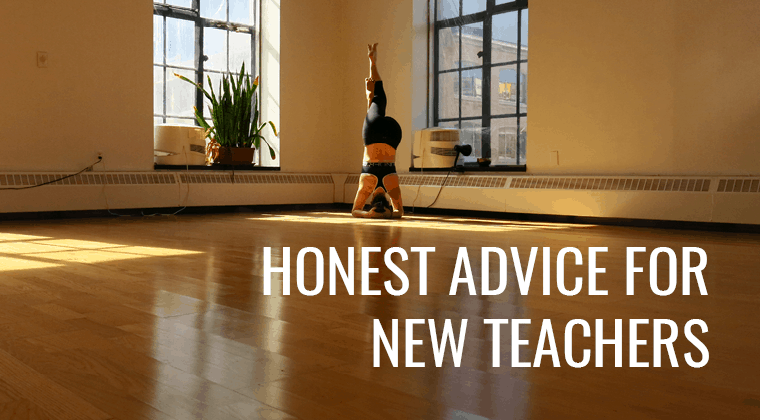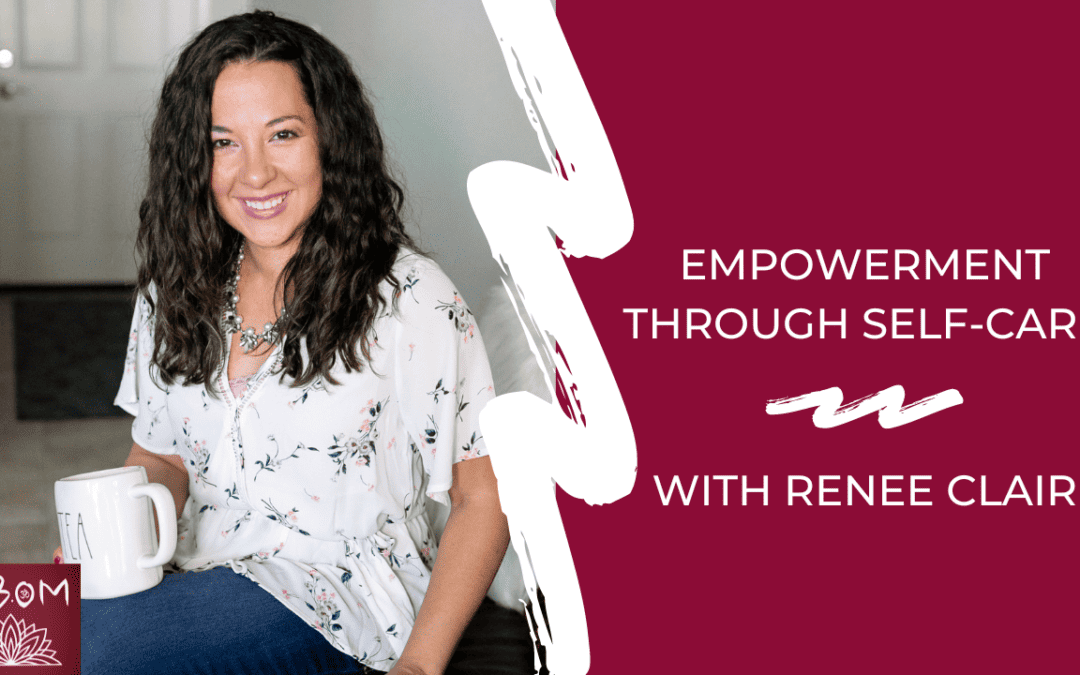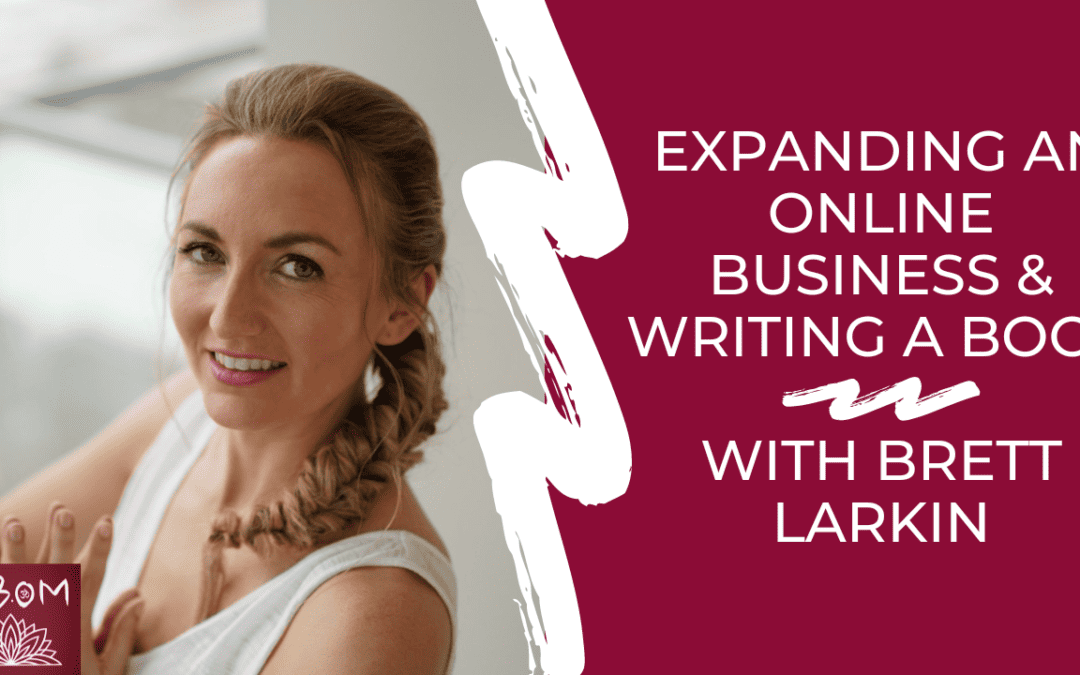As a rule, I try to be as honest as possible when it comes to my life as a yoga teacher. At every beginning stage of my teaching journey (while I was considering teacher training, during teacher training, and after teacher training), I had practical questions that I was afraid to ask. Teaching yoga is one of the most rewarding things I do and have done with my life, and I have learned a lot since becoming a teacher (knowing, of course, that I still have so much to learn).
Here’s a collection of honest advice for new yoga teachers, comprised of things I was told, and things I wish I had been told. It is by no means a comprehensive list. Together, what this list really boils down to is, “stay humble, value yourself, and keep learning” – with a few personal lessons thrown in.
Try everything, because you won’t know what you will like unless you try it.
Say yes to privates, say yes to 45 people classes. Teach classes to music, teach classes with no music at all. Teach at your own office, teach at studios, teach at homes. Not only will you be exposed to your favourite ways of teaching, but it will help you identify the types of classes you don’t enjoy teaching, which is just as important. You will make tons of meaningful connections outside of your regular yoga community, and it is all experience that will serve you in the long run.
Take other teachers’ classes.
We never stop being students. Taking a variety of classes exposes us to different flows, experiences, and languaging. My teaching is always more inspired when I am a student first, and a teacher second.
You can still “Be a Yes” by saying “No”.
It took me longer than it should have to realize that teaching at one particular studio made me unhappy and no longer served me. I’m grateful for my experience there, because it exposed me to a new teaching environment. I developed a lot as a teacher at that studio, but chose myself first by saying goodbye.
Teach your friends.
Before you start getting regular teaching opportunities, offer to teach free or cheap classes to your friends, your family, or your co-workers. Doing this helped me build confidence, gain some necessary experience, and keep my momentum post teaching training.
Remember that you are not entitled to anything.
Finishing teacher training does not equal a teaching job. No matter how hard you worked, it is not something you are owed. This was more or less said to us (perhaps in kinder words) during our teaching training and it was such a helpful reminder to stay humble, grounded, and out of the comparison game.
Value your time enough to be firm about money.
I am bewildered that someone pays me to do something that I enjoy as much as teaching yoga. That said, payment isn’t always something that is openly or comfortably talked about in the yoga community and I urge you to ask questions, to be clear about what you need to make a living, and to be willing to say no to jobs. Mistakes I have made include:
- Justifying being legally underpaid
- Not asking or confirming ahead of time how much I would make by agreeing to teach somewhere
- Not confirming when I could expect payment for classes subbed at other studios
Last year I took a workshop with Samara Zelniker, founder of Mindfulness Matters, where we talked about money, setting cancellation fees (there is an opportunity cost when you book a class), and taking your career as a teacher seriously enough to be firm about the value of your time. If she runs one again, I highly recommend it.
Be an observer of your own relationship with teaching.
Some people were born to teach full time. I was built to teach a few classes a week. In the beginning, sometimes I said yes to so many things that I became bitter about the lack of time left for my own practice. Backing off was the best thing I could do to keep my relationship with teaching healthy.
Another thing I learned about myself is that being paid by head (based on the number of students in the room) made it very difficult for me to stay out of comparison with other teachers, and made it challenging for me to fully enjoy teaching classes where only one or two students showed up. I am much more happy and present – regardless of class size – being paid a flat rate.
Above all, believe in abundance.
Nothing will make you feel richer than giving to others. Spend time with students after class, give back to your own yoga community, and bring yoga into places that don’t otherwise have access. Give to charities like Africa Yoga Project or New Leaf Yoga. Everyone has their own valuable way of being for others – make it your mission to find yours.
Laura Fraser is a yoga teacher, digital media specialist & hand-lettering artist. You can learn more about Laura here.





0 Comments